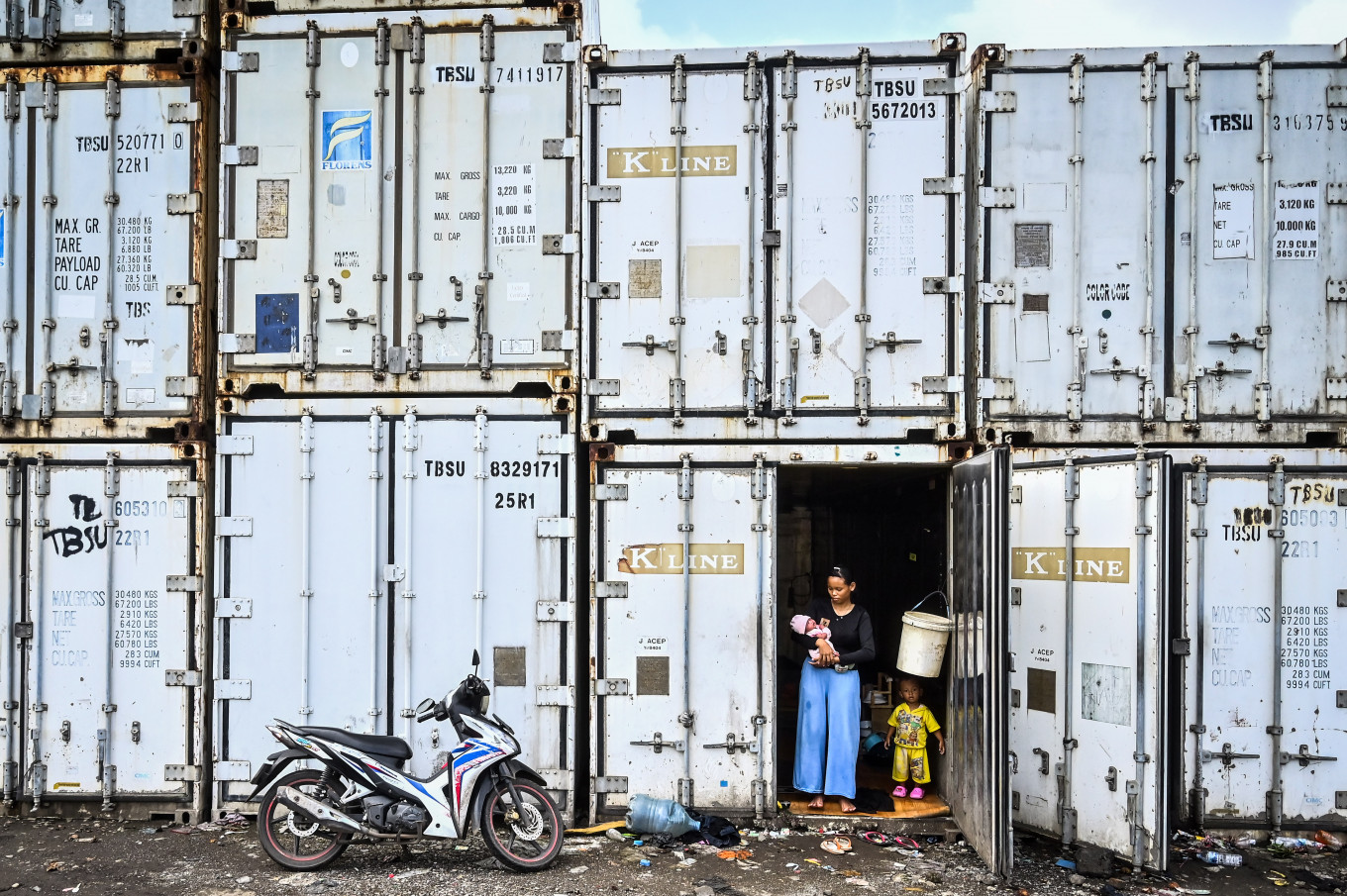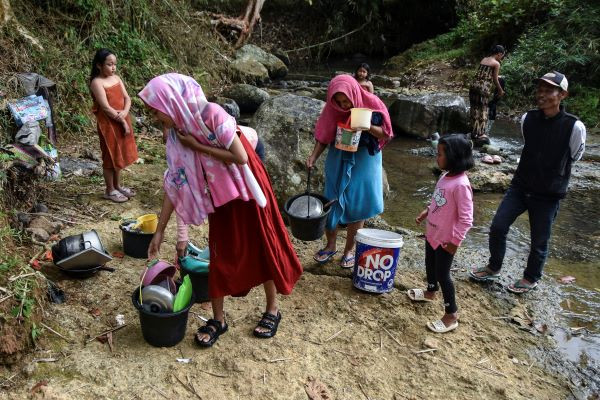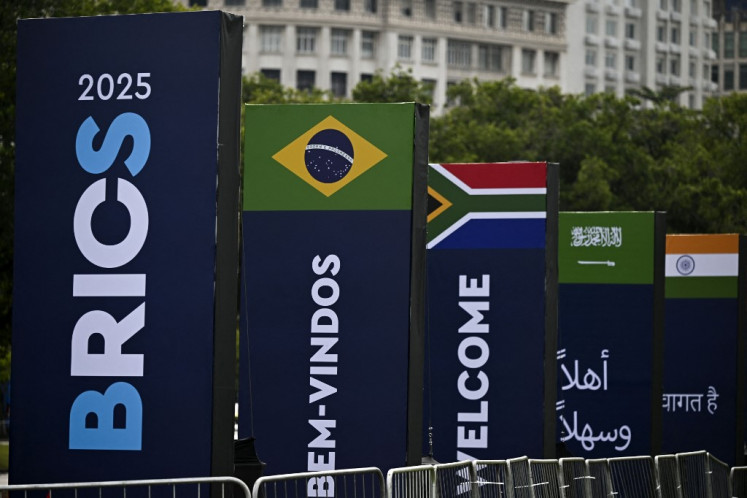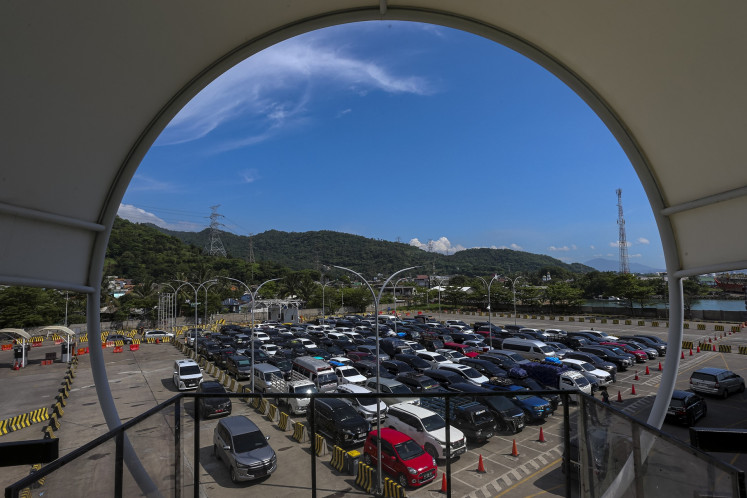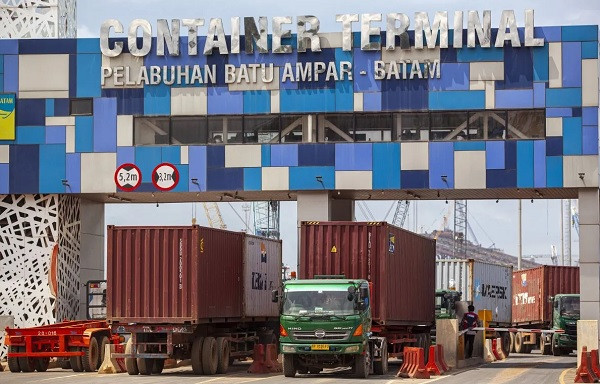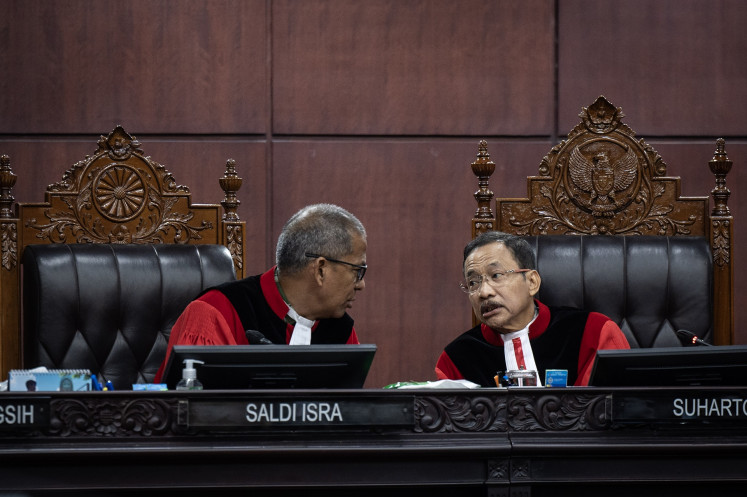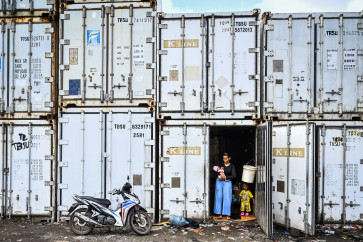Popular Reads
Top Results
Can't find what you're looking for?
View all search resultsPopular Reads
Top Results
Can't find what you're looking for?
View all search resultsSolving the development crisis with quality finance
Efficient and equitable distribution of risk is key to reforming the international financial system which, in its current form, places undue burden on those countries that most need investment to develop.
Change text size
Gift Premium Articles
to Anyone
N
ational delegations and practitioners gathering in Seville, Spain, for the 4th International Conference on Financing for Development face a sobering reality: Much of the developing world is in the midst of a deepening, multifaceted crisis. Major problems such as hunger, disease, economic fragility, climate vulnerability, underfunded education systems, poor infrastructure and persistent joblessness remain; not for lack of solutions, but for lack of political will and basic human solidarity.
The first step toward addressing these challenges is to resolve the debt crisis that has crippled many low- and middle-income countries. While debt distress afflicts developing countries worldwide, the effects are most acute in Africa, a region that will shape the global economy for decades. With Africa’s share of the global youth population projected to rise from 23 percent today to 35 percent by 2050, underinvestment now will not only undermine development on the continent: It will threaten stability elsewhere.
This persistent failure stems from several structural features of the international financial system. Money tends to pour into developing countries during global booms and rush out during downturns. For advanced economies, the pattern is reversed: Capital flows toward them in times of crisis. The system thus reinforces global inequalities, decreasing wealthy countries’ relative riskiness and the interest rates their governments and companies pay.
At the same time, developing countries suffer from chronic underinvestment in innovation, education and infrastructure. Growth cycles are repeatedly cut short by crises and austerity, triggering a vicious cycle of stagnation and weakened state capacity. And efforts to fund public institutions and promote development are usually further undercut by illicit financial flows, tax avoidance, under-taxation of multinationals’ profits, unfair extraction of natural resources and large-scale dividend repatriation. Meanwhile, domestic elites historically have failed to build stronger institutions, allowed rent seeking to flourish and resisted reforms that would promote accountability and resilience.
To help break the cycle, particularly concerning debt, we and more than 30 other economists and legal experts contributed to The Jubilee Report commissioned by the late Pope Francis and recently published by the Vatican.
The report offers a road map for addressing the current debt and development crisis and critically, for preventing future ones. Though it calls for coordinated reforms of multilateral institutions, sovereign jurisdictions and domestic governments, the core message is simple: If poor and developing countries are to transform their economies and fulfill their development ambitions, they need access to high-quality financing.
Achieving this requires three interlinked systems. First, we need an effective framework for addressing sovereign debt crises. The current system is not working, and recent attempts to improve it fell far short of what was needed. For example, the Common Framework for Debt Treatments, launched during the COVID-19 pandemic, sought to strengthen coordination across creditors but failed to create incentives for timely restructurings.

